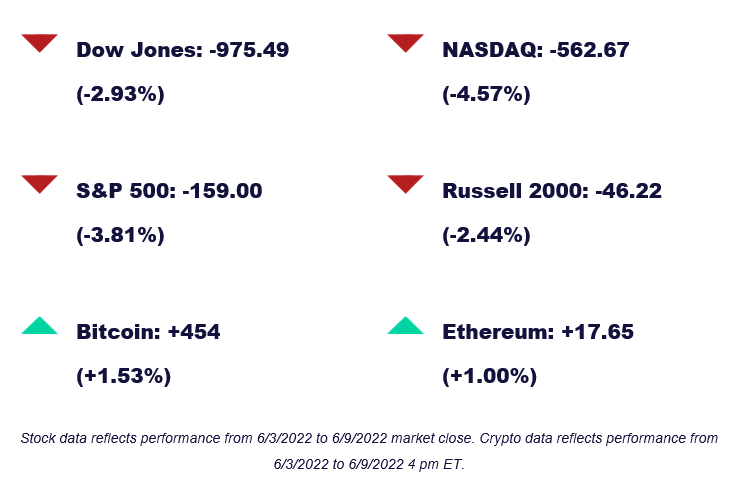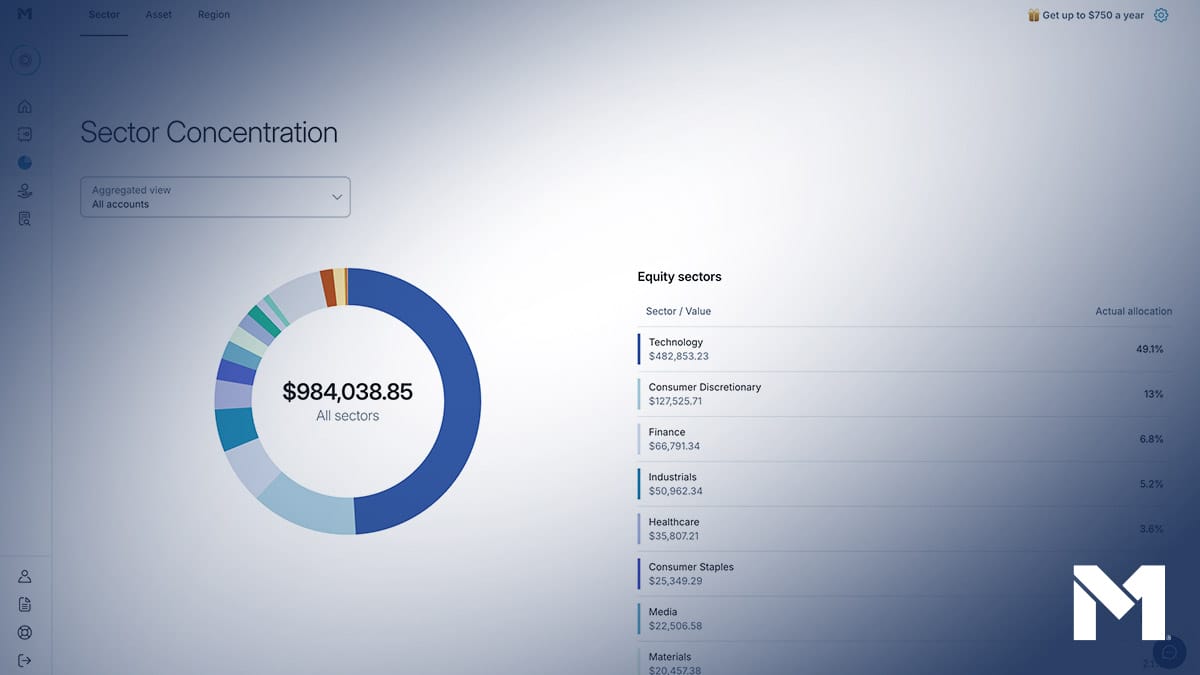Why the SEC thinks the stock market needs a shake-up

Today’s roundup includes the SEC’s major stock market proposals and Amazon first stock split of the century.
Also in this edition:
- Announcements from Apple’s annual conference
- Starbucks’ CEO search criteria
- An inspiring startup story

News
SEC shake-up
The SEC is set to propose major changes to the stock market in the next few months. SEC Chairman Gary Gensler challenged SEC staff to make the market more efficient for public companies and small investors.
One idea that’s gaining momentum would require brokerages to send individual orders into auctions where firms compete to execute them. This would require brokers to execute orders at the best possible price for investors.
SEC staff members have begun discussing some of the proposals with market players, and Gensler will likely share more ideas in the coming weeks.
Gensler’s goal: put investors first.
What’s the real impact of a stock split in 2022?
After announcing its 20-for-1 stock split in March, Amazon’s (AMZN) split went into effect Monday. While news sites said the split would make the stock more accessible for investors, it got us thinking — does it improve access?
While this certainly was the case when Amazon last split its stock in the dotcom boom of 1999, things have changed. With fractional shares available at nearly every major US brokerage, the stock split has very little impact on most modern investors.
“Just in general after a stock split there really isn’t any difference between stocks that split compared to stocks that don’t split,” said Rocky White, a senior analyst at Schaeffer’s Investment Research.
However, in 2020, Schaeffer found the average return for companies six months after a stock split was 5.3%, slightly above the S&P 500’s average 4.4% gain. This shows us that while there might not be much of a functional difference with modern stock splits, investors still may feel a pull toward the lower prices that stock splits can create.
Starbucks searches for CEO
Do you work at Starbucks (SBUX)? If so, you won’t be their next CEO, according to interim leader Howard Schultz. The coffee giant will be looking outside its caffeine-fueled team for a new leader.
“For the future of the company, we need a domain of experience and expertise in a number of disciplines that we don’t have now,” Schultz told the Wall Street Journal. The board chimed in on Monday to say it’s on track to instate a new CEO this fall to lead the company through the holiday season.
What have we learned from leadership changes in the past?
- CEO transitions usually make a stock more volatile in the short term.
- An abrupt exit is usually not a good sign, but a thoughtful one can be.
- Many successful transitions are announced well in advance.
Even though leadership change may be a cause for concern for some investors, there’s no clear correlation between CEO announcements and how the stock performs thereafter.
Quick hits
- Nadal by the numbers: 14 French Open titles, $500M in earnings
- How two Africans overcame bias to build a startup worth billions
- Apple’s WWDC 2022: Everything Apple announced
- Senators to propose industry-friendly crypto bill
M1verse
Your weekly guide to financial wellness
Thanks for reading Weekly Wrap Up. In case you missed it, we have another newsletter, The Investor’s Mindset, that’s dedicated to your long-term mindset (spoiler alert) and wellness while investing.
Read the most recent edition on our blog, or check your inbox each Monday for more insights.
This week in finance history
June 10, 1963
JFK signed The Equal Pay Act of 1963 into law as part of the New Frontier Program. That year, women earned on average 59% of what men were paid – that’s 59 cents for$1 men made.
In 2022, the uncontrolled gender pay gap is $0.82 for every $1 that men make. The gap still has a way to go, but there’s encouraging news regarding the balance of wealth in the future.
Sign up for M1 to receive weekly market insights and financial wellness tips in your inbox.
- Categories
- Invest



